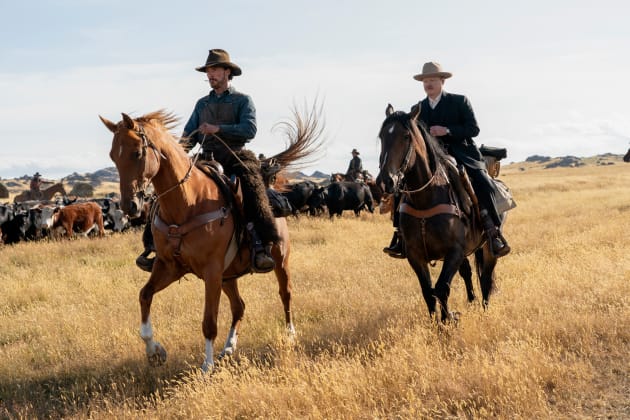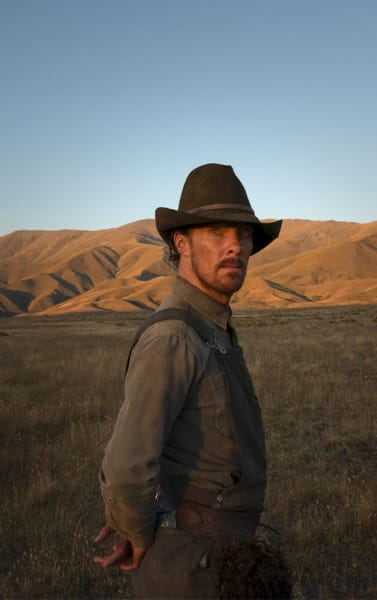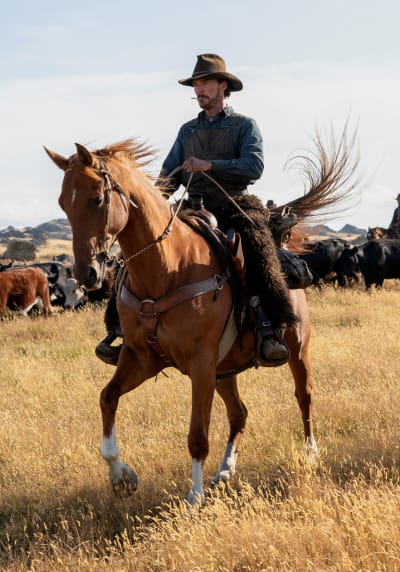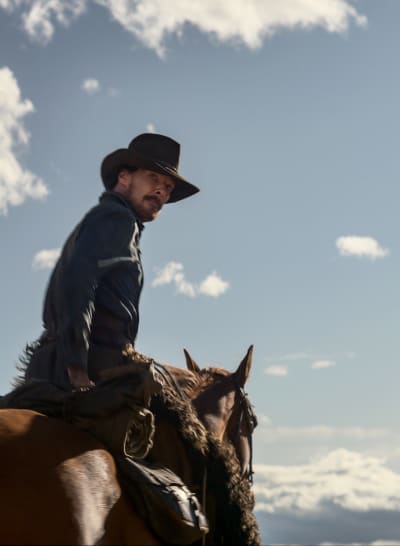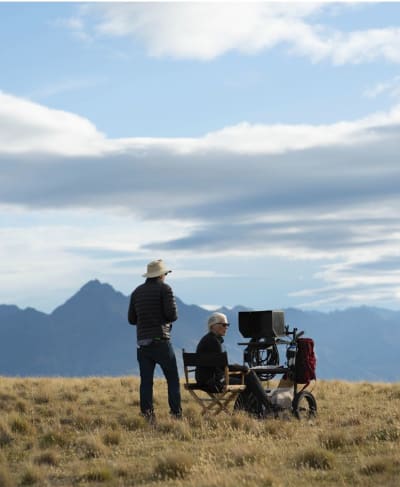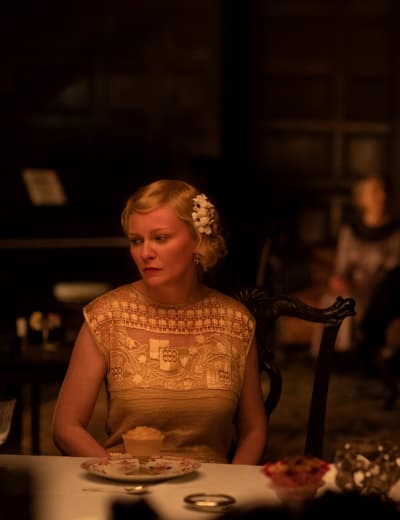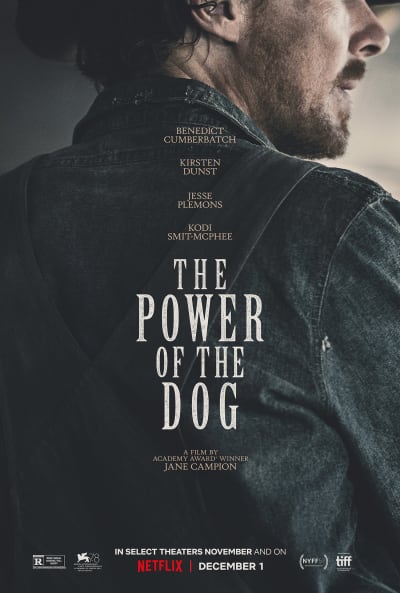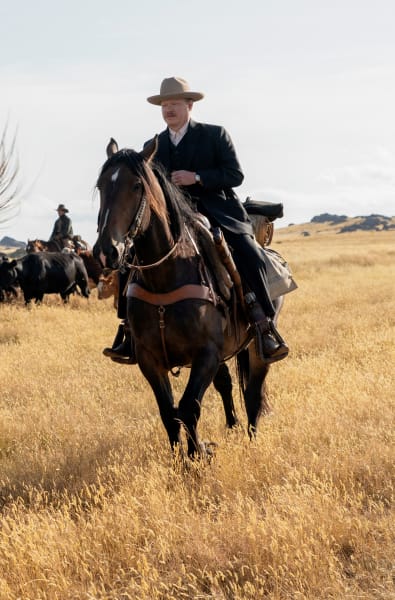Known for the Top Of The Lake series and The Piano, Jane Campion knows what she’s doing.
However, The Power of The Dog does not impress as much as expected.
It heavily relies on exposition and becomes the epitome of Oscar (and queer) bait.
In what will almost certainly receive plenty of Academy Award nominations, the performances shine over the actual story.
Kirsten Dunst gave a career-best, leaving her in a prime position for a supporting actress nomination (which could be her first Academy Award nomination).
Her character ends up being the most complex out of everyone, even with the blatant flaws present in her arc.
Kodi Smit-McPhee also puts on the performance of a lifetime, but the way Campion wrote the character disappoints.
Smit-McPhee plays Dunst’s son, and their chemistry is undeniable and magical.
Based on Thomas Savage’s novel of the same name, Campion adapted the book for the screen.
I have not read the source material, but the film uses sweeping landscapes, brooding stares, and many animals. Sounds like the perfect western, right?
It becomes a story about gaslighting, which would be fine, but I walked out of the theatre feeling like I got gaslit the most.
The plot never felt like it was complete, and then the main antagonist suddenly dies, and shortly after that, the movie’s over.
The use of a semi-queer storyline in the 1920s intrigues, but the execution fools the audience into thinking this film is queer when it’s just a textbook on queerbaiting.
Jane Campion decided to show a flamboyant man (McPhee’s character) in a very stereotypical way: by having him walk with a bit of hip.
There are so many stereotypes used in this film that it changed from being “subtle queer representation set in 1920” to “haha, look at the gay boy” very quickly.
An argument I’ve significantly considered before writing this is that what the audience sees on the screen is more than one would ever see in the 1920s, so it mirrors it on purpose.
I heavily disagree with this argument because if she wanted to portray a queer storyline through subtleties, she didn’t need to use stereotypes to get her point across.
The only blatantly queer thing in the film was (SPOILER) Peter (Smit-McPhee) finding Phil’s (Benedict Cumberbatch) naughty magazines featuring men.
Establishing a character as gay through their porn collection also feels stereotypical.
Queerness can be defined differently, and having queerness reduced to sexual desire seems very trite.
The queerbaiting and stereotyping greatly disappointed me, but luckily the quality of everything else impressed me.
The production design and cinematography impressed me immensely.
Cinematographer Ari Wagner finds beauty in every sings scene, and there are many instances of painting-like imagery.
Complimenting Wagner’s cinematography are the costumes and set.
The 1920’s western outfits are something to marvel at, with all the characters looking fantastic in the period costumes.
The set design is also outstanding, and the location that shot perfectly captured the film’s overall tone.
Of course, everything made sense with the period and location, and nothing seemed out of place.
The acting was superb throughout the entirety of the film as well.
As mentioned, Dunst and Smit-McPhee give career bests, and Cumberbatch doesn’t disappoint either.
The Doctor Stange actor displays his acting prowess, even if the writer made his role slightly underwhelming.
Cumberbatch’s role felt bland in the film’s first act, and I was not a fan of his delivery.
By the second act, the character picked up the intrigue, as did Cumberbatch’s acting.
Thomasin McKenzie occasionally appears in the film, and seeing her on-screen is always a delight, even if it is a minor role.
Jesse Plemmons impresses as he always does, but he sadly does not have that big of a role and has less and less to do as the film progresses.
Rounding out the main cast are Francis Conroy and Keith Carradine.
Sadly, both of their characters are not very memorable and just add to the overall disappointment that the film created.
The plot of the film is its downfall.
The Power of the Dog had the potential to be an incredible movie, but the story whimpered.
Let us know if you check out the film!
If you do check it out, let us know your thought in the comments!
The Power of The Dog heads to theatres in a limited release on November 17th and streams on Netflix on December 1st.
Michael Stack is a staff writer for TV Fanatic. Follow him on Twitter.
